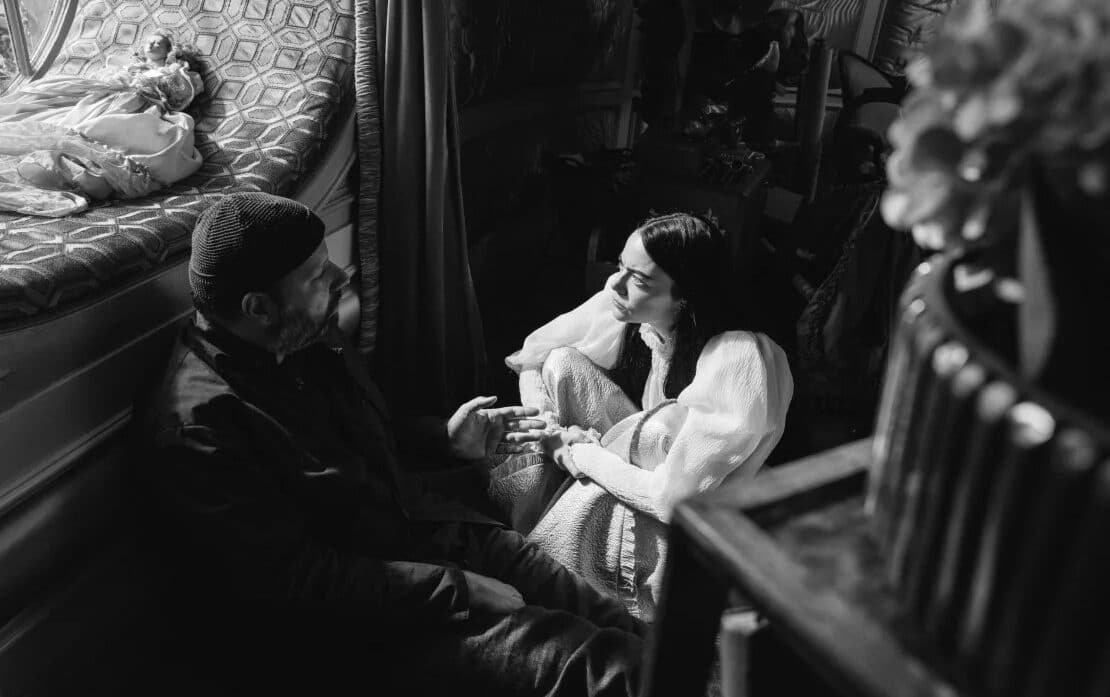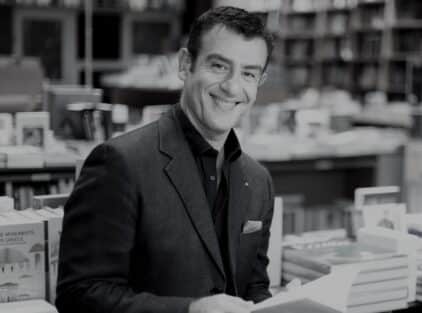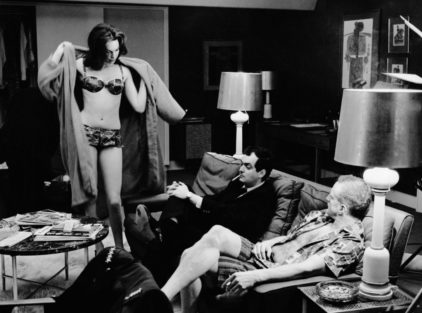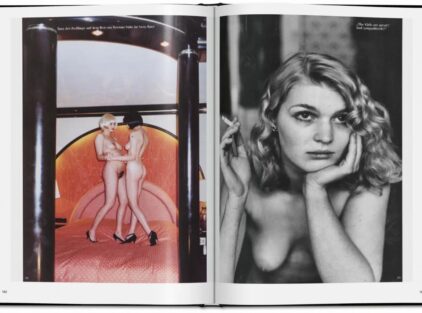by Apostolos Kotsambasis
At the beginning of the film, the black and white shots, accompanied by “raw” musical compositions, invite you to see the world where the story takes place as if through a peephole. They also challenge you to accept a condition on the edge of reality. Once these happen and as the plot unfolds, you are slowly drawn in and await the development with interest.
“Poor Things” directed by George Lanthimos is certainly a special film and the ongoing publicity “buzz” it has caused worldwide is well founded. It is a film, its premise is already written everywhere, based on a book, on the linear development of which, at different points in time, the director has created scenes that provoke, surprise, perhaps shock and nevertheless disrupt any mainstream situation. Among the dialogues, issues are touched on – taboo at the time – but also today, such as sexual freedom and the rights of women with their bodies, their prevailing socially acceptable behavior, the role of men, the ethical limits of science, the religion and political ideologies. All this, combined with the undoubtedly personal way of handling the camera, the fantastic landscapes, sets and costumes, the high level dialogues and of course the emphatic performances from an ideal cast of actors, make up an interesting and varied visual experience.












